We use cookies to improve your online experiences. To learn more and choose your cookies options, please refer to our cookie policy.
Create Your Future!
Admissions are now open. Experience our learning environment firsthand with a free trial class.
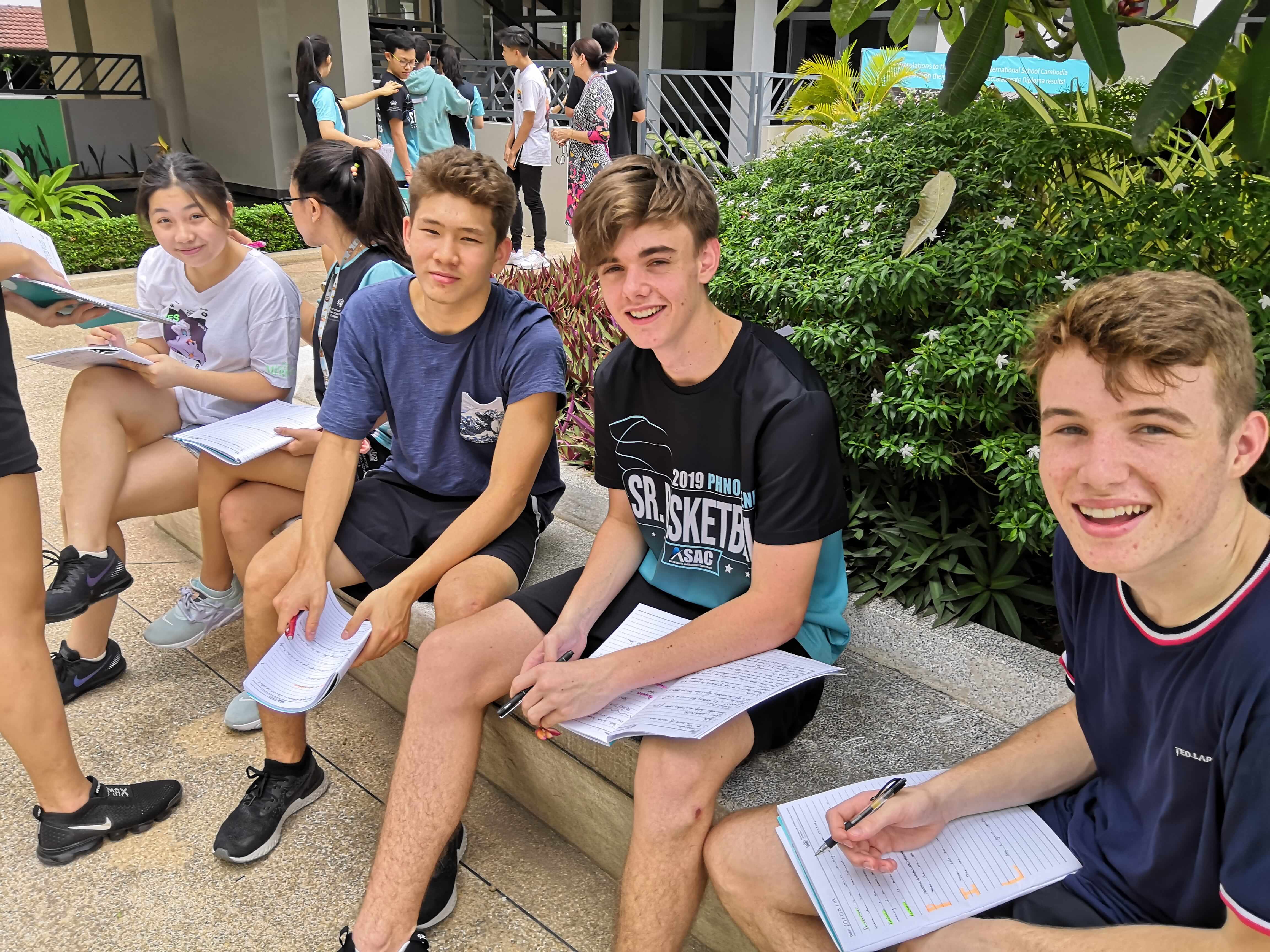
The above headline is not entirely of my making; it is from an IB document a few years back which aimed to explain the nature of the Theory of Knowledge (TOK) class to IB teachers, including those at Northbridge International School Cambodia.
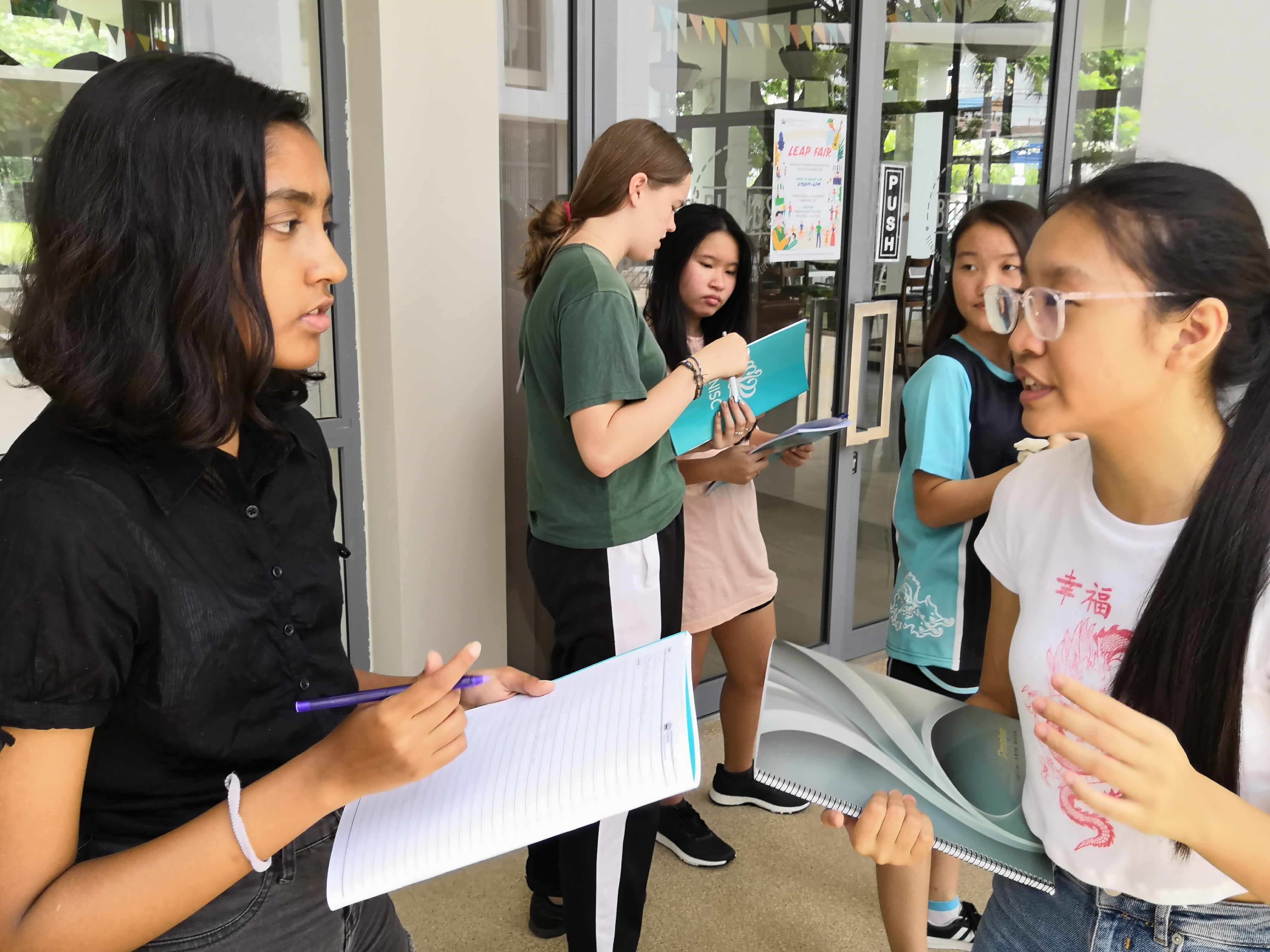
For the IB to refer to its own class as a “curious subject” says a lot. TOK has alternately thrilled and terrified 9th and 10th graders who view it as the intellectual equivalent of going over Niagara Falls in a barrel: new, mysterious, unlike any other experience, but ultimately inevitable if one is to receive their IB Diploma.
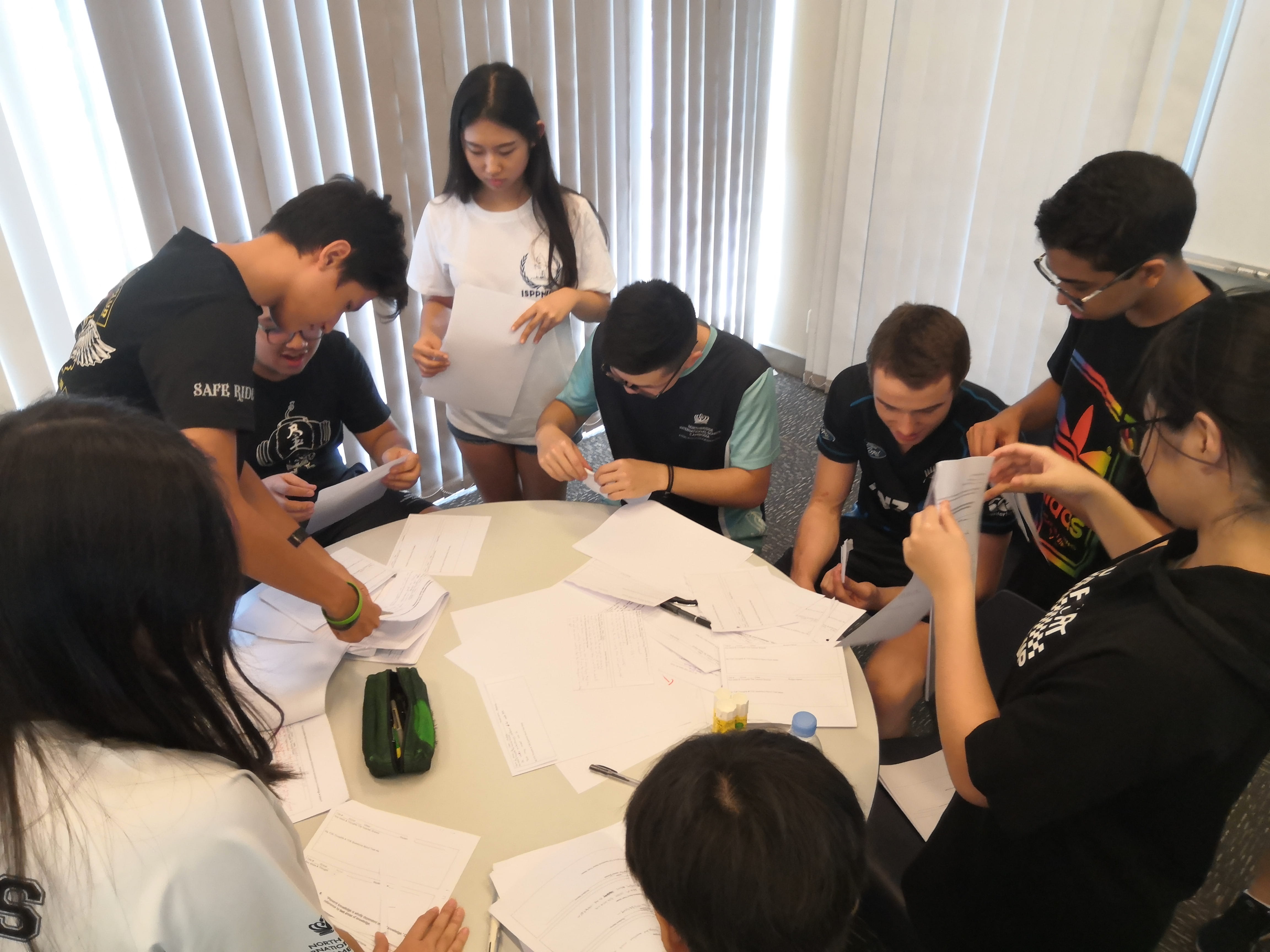
TOK is as old as the IB Diploma. It forms the Core of the program, along with the Extended Essay (EE) and the Creativity, Action and Service (CAS) program. The central question in TOK is “how do we know what we claim to know?”. To the uninitiated this might sound like sophistry, but with a bit of unpacking the question reveals the essence of what education is all about.
For instance, on the first day of class with the Grade 11 TOK class this year the TOK Team told them we had an amazing new personality quiz, that was used by the best corporations in the world to analyze their employees’ personalities.
What made it so great, we said, was it was so easy! All they had to do was take out a pen and paper and draw a pig! They hurried to the task and after a timed 3 minutes, they were asked to put down their paper. Then we asked them to ready themselves to hear the deep insights about their inner workings that the type of pig drawing they created would reveal.
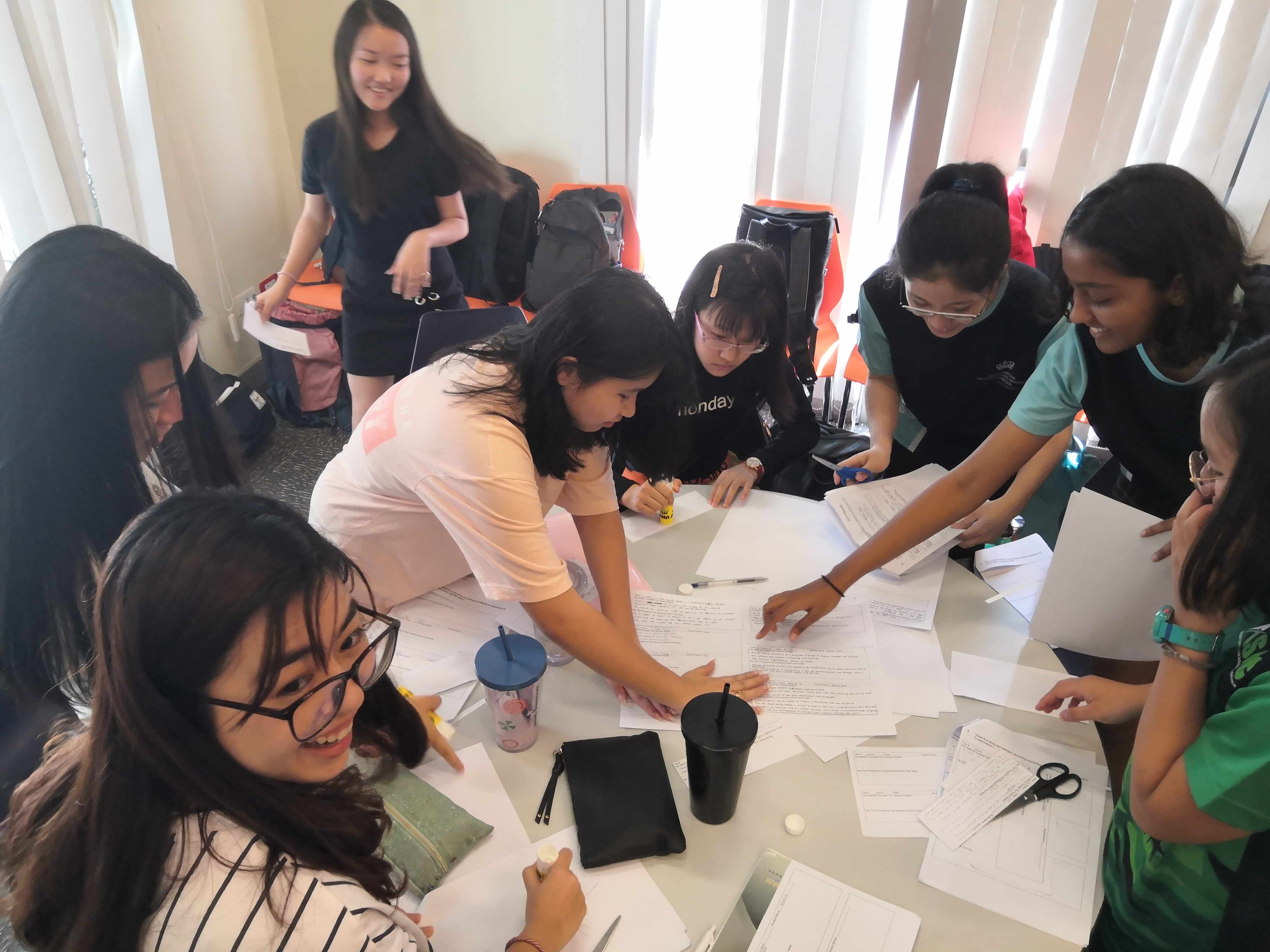
We talked about how if the pig was facing left, it meant one thing, but if he was looking left, it meant another. We explained the meanings behind the number of legs the pig had and how big his ears were. The tail was given particular attention as a guide to the spiritual beliefs of the artist. The 11s were enthralled as they examined their own picture and those of their friends.
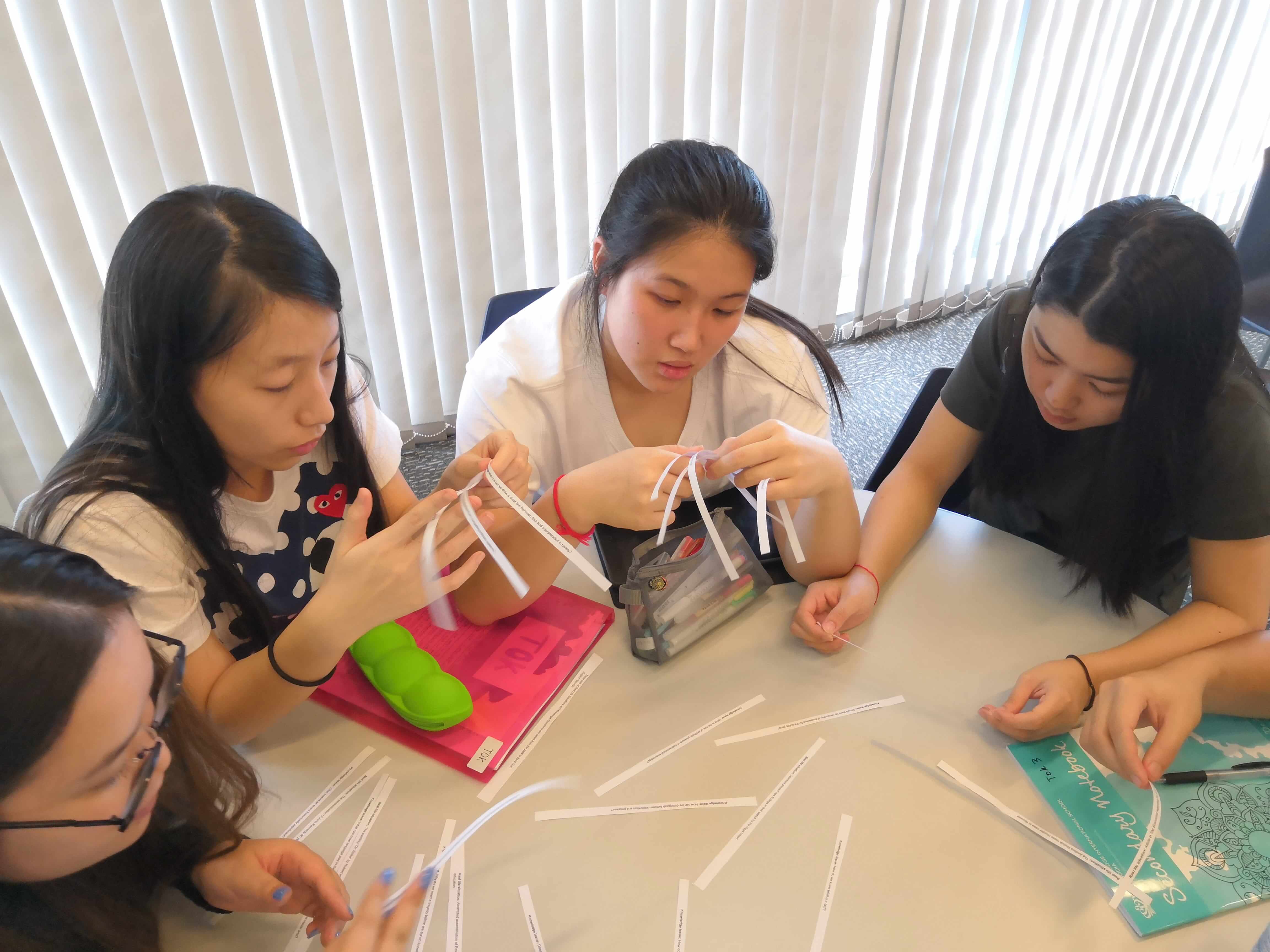
Finally, we asked who thought the personality test had given them an accurate insight into their own personality; in essence, was it accurate. Well over half the hands in the class shot up. Of course, it was all fake. None of it was real. The teachers and I had made it all up and we told them so. The students reactions ran the gamut: some laughed, some looked shocked, most were confused.
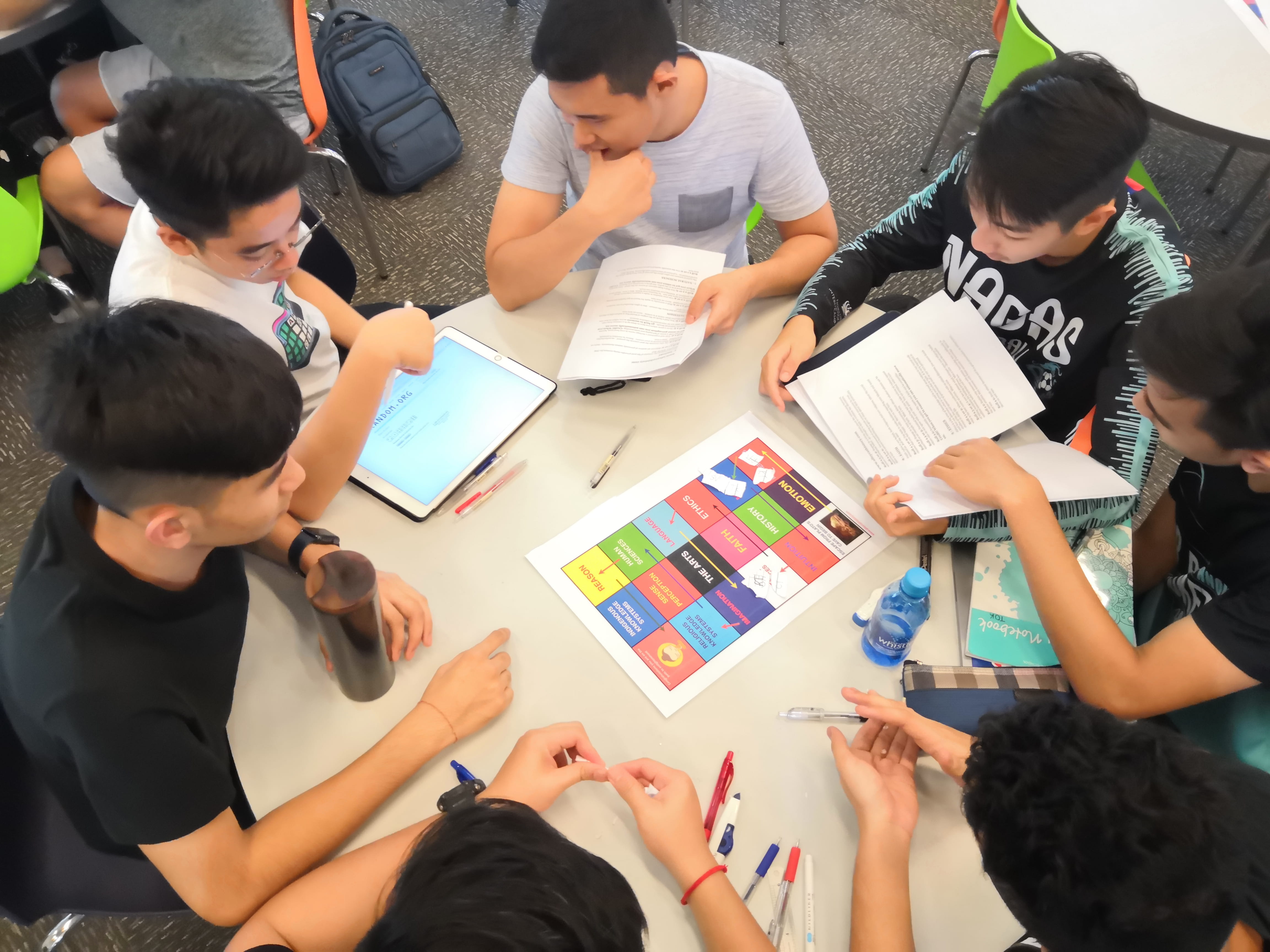
So we told them the purpose: the test did indeed tell us all something about how we acquire knowledge; that we have to be very careful what (and who) we choose to believe and we should always be examining the basis for how we know what we claim to know.